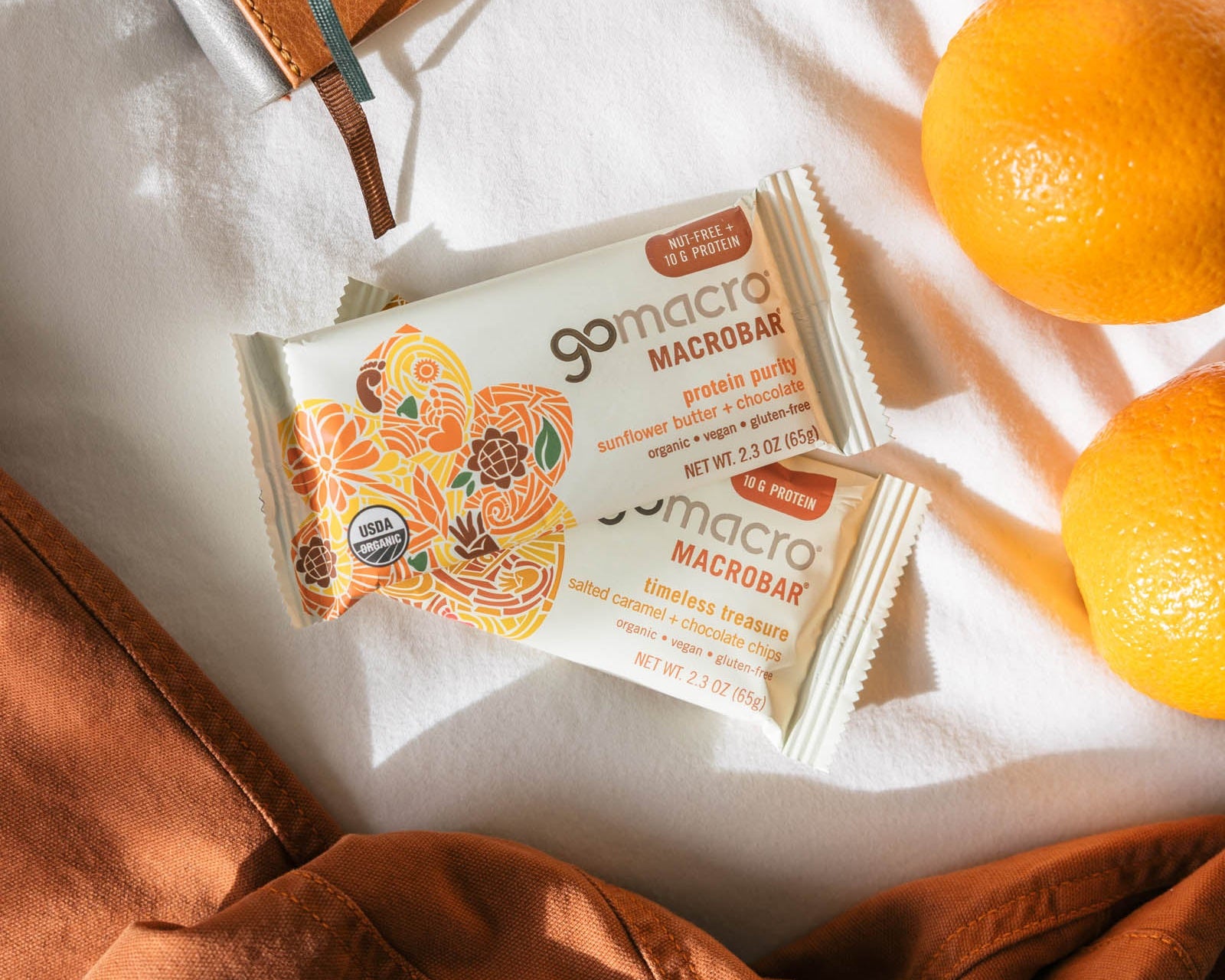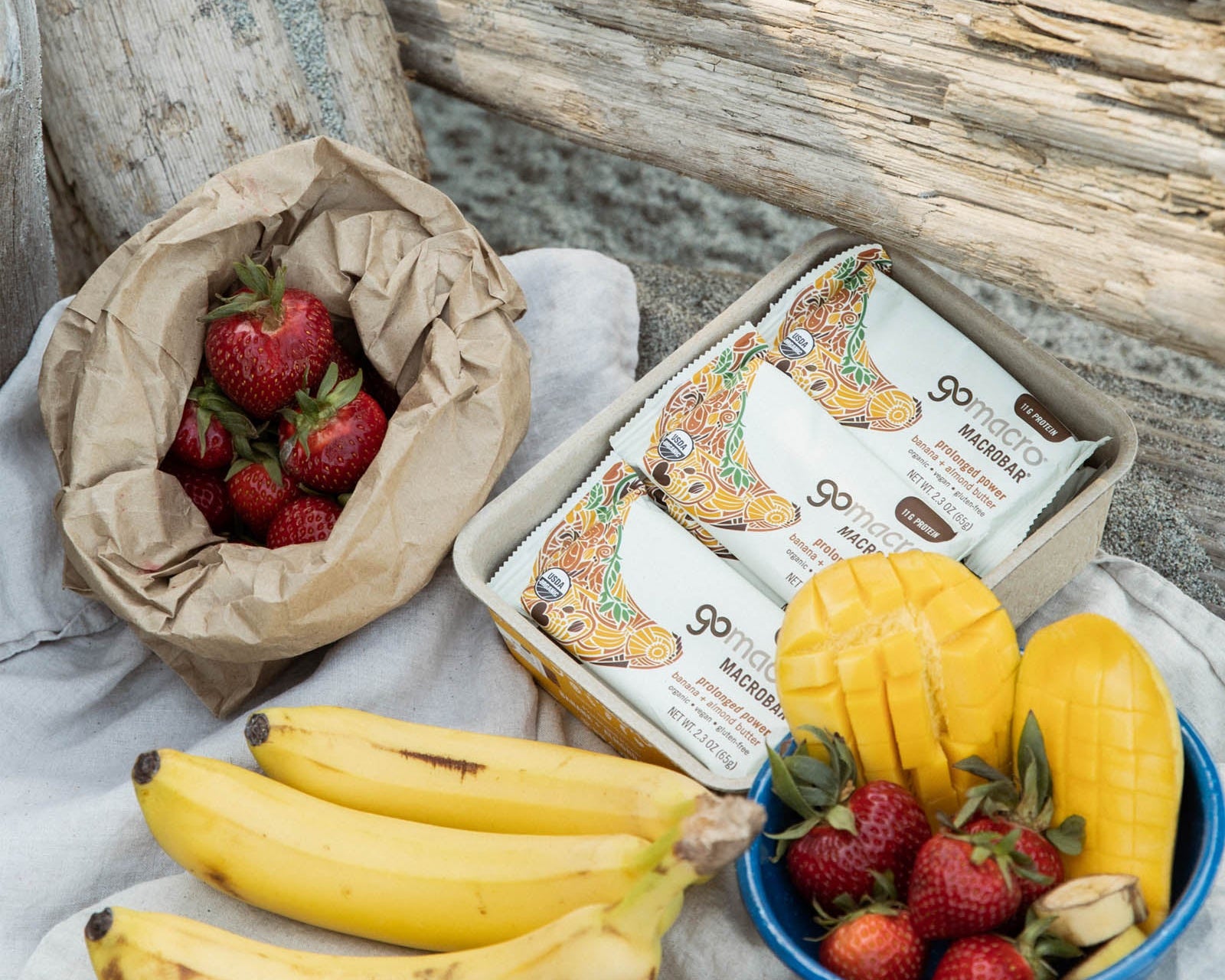How Protein Affects Performance
There’s a reason everyone associates protein with athletes and muscles. Of course, it’s a key component in anyone’s diet -- but it’s even more crucial for an athlete’s diet as it directly aids in muscle repair and growth. What we think of as muscle growth actually involves a process called “hypertrophy”, where the fibers of muscles sustain damage through tension (such as lifting progressively heavier weights). After you work out, your body gets to work repairing and forming new muscle fibers, which increases the mass and efficiency of the muscle over time. Therefore, including plenty of clean, high-quality protein in your diet can help build or maintain muscle during periods of intense training.
Protein also affects performance in other ways. Because it helps with muscle repair, adequate protein can help reduce injuries. It can provide energy when your carbohydrate stores are depleted. It can even support healthy immune function, which is key when your body is under a lot of physical stress from training.
Athletes Need Different Types of Fuel Depending on Timing
Timing is key when it comes to fueling athletic performance. Athletes require different types of nutrients at various stages. What you eat before, during, and after a workout can mean the difference between progress and exhaustion...
- Pre-Workout: Consuming a small, balanced meal or snack rich in carbohydrates and moderate in protein 1-3 hours before exercising can provide the necessary energy to perform optimally. This might be a vegan protein bar, smoothie, peanut butter toast with banana, or yogurt with granola.
- Mid-Workout: For longer workouts, especially endurance sports, consuming easily digestible snacks like energy gels or bars can help maintain energy levels and prevent fatigue. Don’t forget to hydrate!
- Post-Workout: Try to eat complex carbohydrates and healthy protein within 30-60 minutes of completing your workout to help replenish and aid in muscle recovery. This could be a full meal or a hearty snack, like a pita stuffed with veggies and hummus, a protein smoothie, or a high-protein bar.
7 Foods That Can Improve Athletic Performance
While no one food is a magic ingredient for peak athletic performance, a balanced and nutrient-dense diet can provide the building blocks to fuel your workouts. Try to incorporate foods such as:
1. Beans & Legumes From chickpeas to black beans to kidney beans and more, beans are versatile and packed with the plant protein athletes need. They’re also full of fiber and other nutrients your body needs to function at its best.
2. Nuts & Seeds Nuts and seeds offer a good source of healthy fats and protein in a portable, snackable package. They’re also full of antioxidants that can help your body recover from the oxidative stress caused by exercise. Nut and seed butters are also great as delicious toppings for your other favorite snacks!
3. Whole Grains All that activity means you’ll need some serious energy, and whole grains are a great source of complex carbohydrates. Oats, brown rice, quinoa, farro, millet, buckwheat – whatever your preferred grain, they’re all great for building a delicious bowl or enjoying as a side with a meal.
4. Leafy Greens & Cruciferous Veggies Raw or cooked, all colorful vegetables can help promote athletic performance and healthy recovery. Leafy greens like spinach, lettuce, kale, and chard all pack a lot of nutritional bang for your bite. Cruciferous vegetables like broccoli, cauliflower, brussels sprouts, and cabbage also contain anti-inflammatory compounds and may even help promote muscle growth!
5. Fruit Like vegetables, fruits contain all kinds of essential vitamins and minerals you need for optimal performance. They also typically contain more natural sugars, which can be a great whole-food source of fast-absorbing carbs before, during, or after a workout. Berries are particularly high in anti-inflammatory compounds that can help recovery efforts.
6. Starchy Veggies If you want to switch up your carbohydrate source, starchy vegetables like potatoes, sweet potatoes, corn, or butternut squash are all great for a boost of energy and fiberto keep you full.
7. Protein Bars & Powders While a minimally processed plant-based diet should provide you with plenty of protein, many athletes choose to supplement to ensure they’re meeting their protein goals. Plant protein powders are convenient mixed with water or added to a smoothie. For a more portable option, vegan protein bars like MacroBars® are a great way to meet your macronutrient needs at home or on the go. MacroBar Minis can also be a great solution for a mid-workout or between-meals snack!
By incorporating the right foods into a plant-based diet, athletes can optimize their performance, enhance recovery, and support overall health. Nutrition plays a pivotal role in achieving athletic goals, and choosing the right foods can make a significant difference in how you feel in daily life and while training.
For athletes looking to fuel their bodies with clean energy, options like GoMacro's® vegan protein bars offer a convenient and effective way to ensure you're getting the nutrients needed to excel in your sport. Find them in a store near you, or online.





